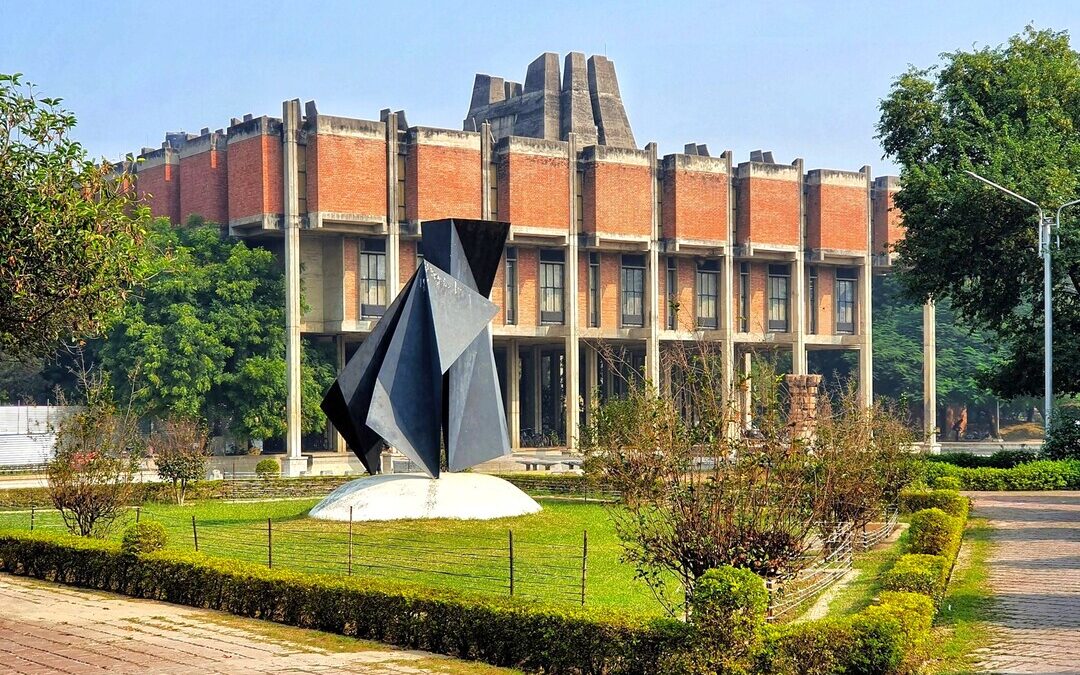TCS and IIT Kanpur Partner to Use AI for Sustainable Urban Planning
TCS and IIT Kanpur team up to harness AI for sustainable, climate-resilient urban growth and smarter city planning.
Tata Consultancy Services Ltd. has partnered with the Indian Institute of Technology Kanpur to use artificial intelligence in tackling India’s urban planning challenges, the company said on Wednesday.
The collaboration, anchored by IIT Kanpur’s AIRAWAT Research Foundation, will leverage AI, digital twins and remote sensing technologies to design sustainable cities and address rising concerns around urban mobility, pollution, energy use and governance.
Rising Urbanization Pressures
The partnership comes as India faces rapid urban expansion. The United Nations projects the country will add 416 million new urban residents by 2050, placing a strain on infrastructure, resources, and climate resilience. Globally, 68 percent of the population is expected to live in cities by mid-century.
“India’s cities are at the heart of the nation’s growth story and hold the potential to inspire sustainable urban futures,” said Professor Manindra Agrawal, director of IIT Kanpur, in a statement. “By harnessing AI, data-driven insights, and systems-based thinking, we aim to transform our urban spaces into resilient, equitable, and climate-conscious ecosystems.”
Digital Twin Technology for Planning
TCS said it will deploy digital twin capabilities to enable “what-if” scenario modeling, allowing planners to simulate interventions before implementation. The aim is to create predictive, human-centric planning frameworks for cities.
“The future of urban living is rooted in our capacity to envision cities as dynamic ecosystems,” said Harrick Vin, chief technology officer at TCS. “This partnership will help solve today’s urban challenges and anticipate tomorrow’s needs.”
Climate and Air Quality Focus
AIRAWAT’s research will integrate satellite and sensor data to generate high-resolution air quality maps, forecast floods and optimize urban green spaces to cut carbon footprints. The goal is to develop scalable models that strike a balance between growth and climate action.
“At AIRAWAT, we are not just deploying AI tools, we are building a global model of sustainable urbanization rooted in Indian innovation,” said Prof. Sachchida Nand Tripathi, project director at the foundation.
Building on Existing Ties
The move extends a decade-long relationship between TCS and IIT-K, which has included joint research, faculty development, and internships. IIT-K is also part of the TCS Co-Innovation Network, which promotes industry-academia collaboration.
The latest initiative signals India’s ambition to emerge as a leader in AI-driven urban planning while improving the quality of life for millions of city dwellers.
Nirmal Menon
Related posts
Subscribe
Error: Contact form not found.


